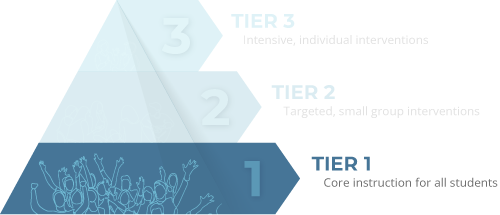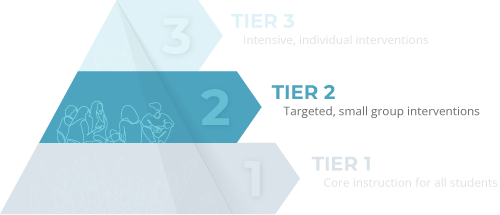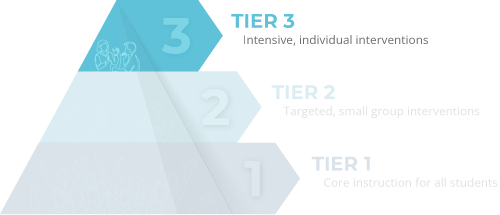Career Connected Learning
Gaining knowledge of inclusive instructional strategies, particularly in personalization of learning, to increase student engagement and success in career pathway planning, School Counsellors apply the SAIL model to career connected learning and Hopeful Transitions as instructional leaders recognizing all adults are career influencers.
Education Support Services teachers and/or School Counsellors promote student success and address academic, personal/social and career development needs by designing, implementing, assessing, and enhancing the School Counsellor Framework.
Career influencer
An individual who has a positive impact on learners through activities, discussions, and feedback, contributing to the development of social and emotional learning skills.
Career Connected Learning Big Ideas
- Career connected learning is a positive mental health intervention.
- Learners need support learning how to critically investigate the labour market and career pathways that are most fulfilling.
- Learners need support learning how to critically investigate the labour market and career pathways that are most fulfilling.
- Learner needs to be actively engaged in career pathway transition planning.
- Inclusive and equitable career connected practice requires School Counsellors to use the Hopeful Transitions model and tool.

SAIL: RESPONSE TO INTERVENTION (RTI) IMPLEMENTATION
Tier 1
School Counsellors share proactive and universal classroom/school-wide instructional practices and strategies to promote success in career connected learning and Hopeful Transitions for each learner.
School Counsellors work collaboratively with all career influencers in the school community to support, advocate and lead career connected learning. The school community includes students, families, classroom teachers, Behaviour Intervention Mentors, Educational Assistants, Educational Support Teachers – Resource, Child and Youth teams, administrators, and other stakeholders.
Tier 1 supports
In collaboration with school administration develop a plan, using UDL, to ensure every learner is actively engaged in career connected learning.
- Collect data to inform best practices and planning.
- Provide support and instructional leadership to classes around career connected Learning and students’ creation of Career/Life Digital Portfolios in myBlueprint in alignment with Policy 316B.
- Collaborate with career influencers.
- Provide and share resources on career connected best practices for all learners.
- Support planning for high school and post-secondary, which includes all career activities after high school, not only college and university.
- Coordinate professional learning and/or opportunities for staff on best instructional practices and strategies to support career planning that may connect students’ mental health and social emotional well-being.
- For additional supports: Resources & Learning Activities | Hopeful Transitions (nbed.ca)

Tier 2
School Counsellors support and/or provide targeted interventions to promote success in career connected learning and Hopeful Transitions for learners—including students, educators, and support staff—who have demonstrated evidence that additional supports are required beyond Tier 1.
Tier 2 supports may include…
- Involved in transition plans (newcomers, grade level or school change, life after school planning, etc.).
- Collaboration with teacher/PLCs, analyzing data, and creation of targeted group work.
- Supporting the development and implementation of PLPs.
- Brief Solution-Focused Counselling.
- Delivery and creation of skill building and/or targeted areas through class-based teaching.
- Collaborating with student and teacher on learner profile.
- For additional supports: Resources & Learning Activities | Hopeful Transitions (nbed.ca)

Tier 3
School Counsellors provide individualized interventions to promote success in career connected learning and Hopeful Transitions for learners who have demonstrated evidence that additional supports are required beyond Tier 2.
Tier 3 supports may include…
- Personalized Learning Plan (PLP)
- Referrals to career counselling, The Work Room, etc.
- ESS Connect
- Case conference
- Brief Solution-Focused Counselling
- Referrals Child and Youth
- Case Manager
- For additional supports: Resources & Learning Activities | Hopeful Transitions (nbed.ca)

